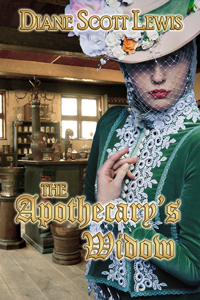In my upcoming novel, Ghost Point, Luke Trowbridge ducks Maryland's ruthless Oyster Police, and strives to keep his marriage together in 1956. He grew up tonging for oysters on the Potomac River. The town of Colonial Beach, Virginia, once a grand resort for the wealthy 80 miles south of Washington D. C., is now a struggling community of watermen who brave the elements to feed their families.
The tradition since colonial times is tonging for oysters during the cold winter season, with long rakes that gently pluck up the oysters without ruining the beds. But illegal dredging brings in far more oysters, the baskets scraping the beds. The habitats destroyed.
Luke is desperate to support his family. But his wife, Yelena, has grown angry and restless with his dangerous activities, his refusal to quit. The Hungarian-born Victor is investigating another vicious event on the river when he attracts her interest. He's suave, sophisticated, everything Luke is not. Will she give up their secrets and be enticed to dishonor her marriage?
Luke must stand up to his bullying father, and the Maryland Oyster police who shoot to kill. He fears losing his wife and little boy. Will he make changes in attitude and occupation, or endanger his own life?
For more adventure, another couple who take their future in their own hands, delve into On a Stormy Primeval Shore. Set in New Brunswick, Canada, in 1784, a fight to form a colony. One of the award-winning Canadian Historical Brides series. A Night Owl Romance Top Pick: "a fabulous tale of life and hardship in historical Canada."
To purchase my novels and other BWL books: BWL
Find out more about me and my writing on my website: Dianescottlewis
Diane Scott Lewis lives in Western Pennsylvania with her husband and one naughty puppy.
























































.jpg)






